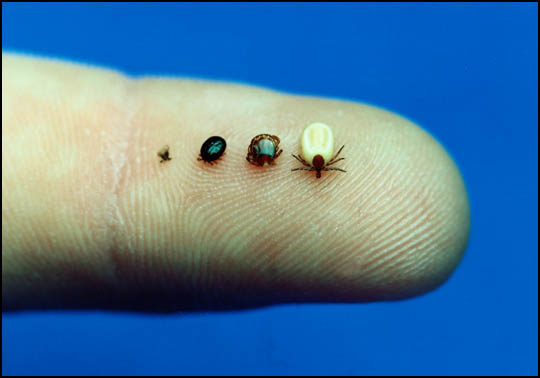
Our pets give us love and companionship everyday. From the moment we bring them home, our pets become members of our families. They play with us, love us and most importantly, rely on us. As pet owners we get the pleasure of having them in our lives. Being a pet owner also comes with responsibilities. There are things we must do to take good care of them. This includes proper nutrition, exercise, cleanliness and health care.
Establishing a good relationship with your
veterinarian insures that your pet receives appropriate health care
specifically tailored to their needs and environment. Comprehensive
examinations, vaccinations, internal and external parasite control and routine
bloodwork greatly enhance your pet’s overall health and wellness throughout
their lives. At some point in your pet’s life, they will likely need their
veterinarian when faced with illness or injury. It is important that your
veterinarian get to know your pet when they are healthy because treating
illness can be very stressful. Knowing and trusting your veterinary professionals
helps minimize the stress associated with managing your pet’s illness or
injury.
Some pet owners do not visit their veterinarian
annually. They may not want to spend the money or they may not make the time
for appointments. However, having a
veterinarian oversee your pet's health is important as it may help avoid the expensive
costs of illness or life threatening situations. Our pets cannot tell us when
they are under the weather but with regular visits to the veterinarian, subtle
signs may be noticed which could prevent potential health issues from
developing into full-blown illnesses.
When choosing a veterinarian, be sure to choose a facility that is accredited by the American Animal Hospital Association. This guarantees that your pet will receive the highest level of pet health care available. Accredited hospitals take the responsibility of serving as a pet health care provider very seriously. That is why they voluntarily undergo close scrutiny and are examined on over 900 standards every three years. Giving comprehensive examinations, using the latest vaccine technology, staying current with industry appropriate pet health issues and making sure pet owners are educated about these issues, insures that pet’s stay healthy and that their families stay healthy as well!
When choosing a veterinarian, be sure to choose a facility that is accredited by the American Animal Hospital Association. This guarantees that your pet will receive the highest level of pet health care available. Accredited hospitals take the responsibility of serving as a pet health care provider very seriously. That is why they voluntarily undergo close scrutiny and are examined on over 900 standards every three years. Giving comprehensive examinations, using the latest vaccine technology, staying current with industry appropriate pet health issues and making sure pet owners are educated about these issues, insures that pet’s stay healthy and that their families stay healthy as well!








